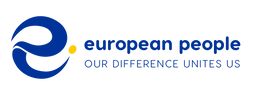The European Union stands at the threshold of a historic moment with the introduction of the AI Act, a ground-breaking piece of legislation designed to regulate artificial intelligence (AI) in a more stringent and structured way. This measure aims to ensure that the development and use of AI is safe, transparent and ethical, while protecting the fundamental rights of European citizens.
The Structure of the AI Act
The AI Act is distinguished by a risk-based approach, dividing AI applications into four main categories: unacceptable, high, limited and minimal risk. This classification allows for the application of regulatory measures proportionate to the severity of the risks associated with each technology.
- Unacceptable Risk : AI applications deemed to pose a high risk to the safety and fundamental rights of citizens, such as mass surveillance systems and subliminal manipulation technologies, will be banned.
- High Risk : Includes technologies such as medical diagnostics and personnel recruitment, which require rigorous compliance assessment and adherence to specific criteria to ensure safety and transparency.
- Limited Risk : Applications such as chatbots, which will have to meet transparency requirements, informing users that they are interacting with a machine.
- Minimal Risk : AI systems with minimal risks, such as spam filters, will be subject to fewer restrictions.
Impacts and Reactions
The AI Act has sparked mixed reactions among stakeholders. On the one hand, tech companies and developers fear that regulation could stifle innovation and increase compliance costs. On the other, digital rights and privacy advocates see the legislation as a necessary step to prevent abuse and protect citizens.
Many companies have expressed concerns that their global competitiveness could be slowed down. However, the European Union argues that a regulated market can foster responsible innovation, promoting consumer trust and incentivizing the adoption of ethical and safe AI solutions.
Educational Projects of the European People Foundation
In the 2024/2025 school year, the European People Foundation will focus on the AI Act in its training projects. These educational programs aim to raise awareness among students, teachers and professionals about the new regulatory framework and its implications. Through workshops, seminars and specific courses, the foundation intends to provide the necessary skills to understand and apply the rules of the AI Act, promoting an ethical and responsible use of artificial intelligence.
The Role of Transparency and Compliance
A key element of the AI Act is the emphasis on transparency. Companies will have to provide detailed information on the operation of their AI systems, including how they process data and the decision-making criteria used. This will not only foster greater trust on the part of users, but will also allow authorities to effectively supervise the use of AI technologies.
Furthermore, the AI Act introduces a compliance requirement for high-risk systems, which will have to undergo periodic audits and independent evaluation processes. These mechanisms will ensure that critical AI applications are developed and used in a safe and human rights-friendly manner.
Towards a Responsible Future
The AI Act represents a significant step forward in the regulation of artificial intelligence, placing Europe at the forefront of creating a comprehensive and multifaceted regulatory framework. As the debate continues, it is clear that the legislation will have a profound impact on how AI is developed and integrated into society.
The AI Act’s ultimate goal is to create a balance between technological innovation and the protection of fundamental rights, promoting the safe, transparent and responsible use of AI. If successfully implemented, it could become a model for other jurisdictions around the world, marking the beginning of a new era of global technology regulation.
In conclusion, the AI Act is set to transform the AI landscape in Europe, providing clear guidance for the development and implementation of advanced technologies, while ensuring the protection of citizens’ rights and freedoms.



